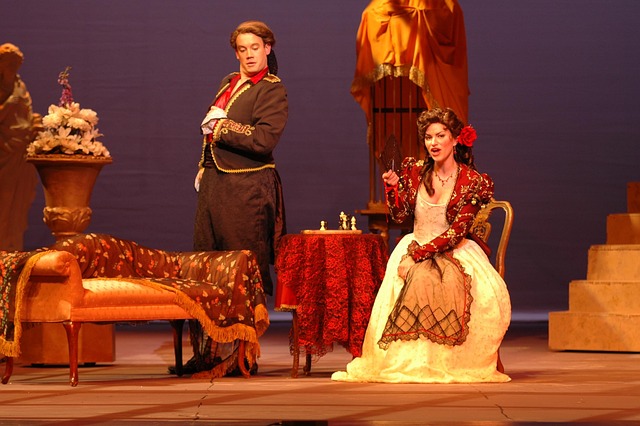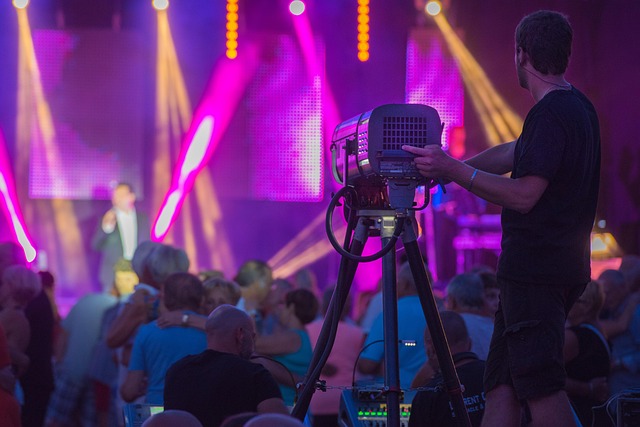Musical theatre has long been a cornerstone of the entertainment industry, weaving together narratives that resonate with audiences on both emotional and intellectual levels. The vibrant fusion of storytelling, music, and dance creates a unique form of entertainment that captivates the hearts of many. As we explore the impact of musical theatre on various facets of the entertainment industry, it’s essential to recognize how it echoes through concerts, festivals, cinema, and the music industry at large.
At its core, musical theatre is an art form that brings people together. Whether through blockbuster Broadway shows or intimate off-Broadway productions, its ability to convey universal themes such as love, struggle, and triumph creates a sense of connection that transcends geography and culture. This shared experience mirrors the excitement of attending a live concert or festival, where audiences gather to celebrate their favorite artists and songs. Just as a musical can transform a theatre into a world of fantasy, concerts allow musicians to create unforgettable moments that resonate deeply with fans.
The influence of musical theatre extends beyond the stage. It has shaped the landscape of cinema, where movie adaptations of beloved musicals often achieve commercial success. Films like Les Misérables” and “The Greatest Showman” not only introduce the power of musical storytelling to a wider audience but also bring new life to the original theatrical pieces. The marriage of cinematic techniques and musical theatre enhances the emotional impact, drawing in viewers who may not typically attend a live performance. This cross-pollination between theatre and cinema enriches both mediums, a testament to the versatility of musical theatre itself.
Moreover, as the music industry continues to evolve, it draws inspiration from the dynamic nature of musical theatre. Artists often incorporate theatrical elements into their performances, blurring the lines between concert and theatre. An artist’s elaborate stage design or the narrative structure of a music video can reflect the storytelling prowess found in traditional musicals, demonstrating how interconnected these artistic expressions are.
Festivals, too, have embraced musical theatre as a vital element of their programming. Events dedicated to the celebration of arts frequently include performances that showcase the energy and creativity of musical theatre. From “Singathons” to “Musical Theatre showcases,” audiences are increasingly engaged in a variety of ways, demonstrating a growing appreciation for this genre in all its forms. The inclusion of musical theatre in festivals allows for an exploration of different themes, styles, and narratives, inviting audiences to discover the rich tapestry of stories that musical theatre offers.
As we reflect on the significant impact of musical theatre within the entertainment industry, it becomes clear that it is more than just a form of entertainment; it is a cultural phenomenon. Its ability to provoke thought, stir emotions, and unite people through shared experiences is unparalleled. Whether you are an aspiring performer, a devoted theatre-goer, or a casual observer, the magic of musical theatre has likely touched your life in some way. As this art form continues to evolve and influence various sectors of the entertainment industry, its legacy of creativity and connection remains a powerful force in shaping our cultural landscape.


